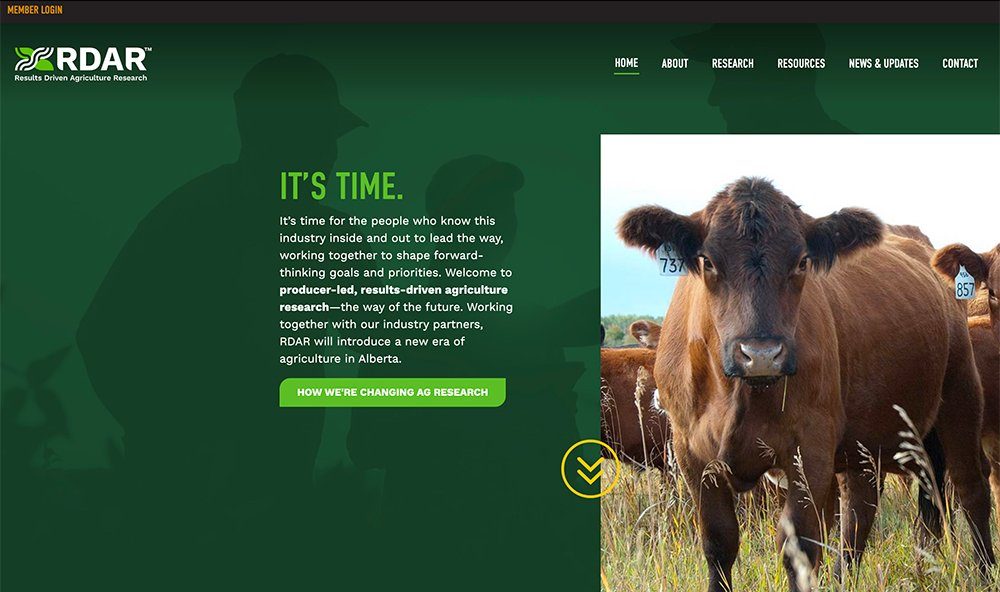Alberta research projects approved | The Western Producer

Research projects looking at a range of topics from climate change to soil and fertilizer inefficiencies will receive funding from Alberta’s Results Driven Agriculture Research (RDAR) fund through its Accelerating Agricultural Innovations program.
Eight projects have been approved, with more expected.
In a statement, RDAR said that of the more than $5.7 million provided to 12 research associations, $4 million will go to pay for things such as operational costs and improving efficiency.
RDAR will also provide “resources to implement new methods of increasing efficiencies and streamlining business practices.”
The associations conduct research focused on the needs of farmers and ranchers in their regions.
“Such local coverage is essential in helping producers access relevant and practical agriculture research solutions to become more competitive globally,” RDAR said in the statement.
Agricultural researchers and technicians were among hundreds of provincial government employees whose jobs were cut in 2020. RDAR was created last year by the province to be a producer-led entity operating at arm’s length to determine and fund agricultural research priorities.
“We are starting to fund projects that will bring research information directly to producers,” Clinton Dobson, director of research at RDAR, said in the statement.
For example, the Peace County Beef and Forage Association plans to conduct climate research. The aim is to generate knowledge crop and livestock producers can use to adapt and stay profitable.
This includes methods to improve spring snowmelt infiltration, enhance nutrient cycling, reduce erosion, and decrease the carbon footprint of farming and ranching operations.
“Warming, drought and increasing climate variability are all issues to which modern agriculture operations must adapt,” said the statement.
The Battle River Research Group and three other associations will conduct research to help producers save as much as $100 per acre by looking at soil acidity and fertilizer inefficiency in various environmental zones. The problems affect up to 20 million acres in Western Canada.
“Understanding and using amendments such as lime or biochar in the soil will determine the return on investment and provide valuable advice on when and where to use different products,” the RDAR statement said.
Along with nine other associations, the Foothills Forage and Grazing Association plans to look at how to balance environmental stewardship with a growing population’s demand for food. The idea is to create knowledge about regenerative practices that forage and livestock producers can use to manage their soils, water, pastures and native range.
“This increases production, profitability, competitiveness of farms, and improves biodiversity and healthy landscapes for future generations,” said Laura Gibney, manager of the Foothills Forage and Grazing Association, in the statement.

